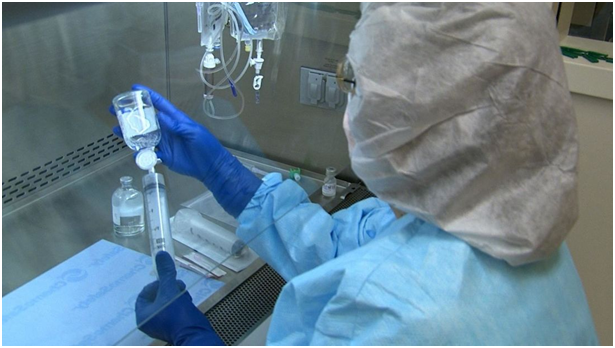How do clinical trials work?

Clinical trials are a vital step in the development of new drugs and medical devices. They are research studies that specifically determine whether a strategy or treatment is both effective and safe for humans.

These studies may also show which new drug or dosage of drug works best for certain patients or illnesses.
It is essential that they are properly regulated and controlled to remain impartial and safe. Each trial follows a pre-determined plan so that it can be assessed at every stage of its implementation.
Authorisation
All clinical trials in the UK are reviewed and authorised by the Medicines and Healthcare Products Regulatory Agency (MHRA) before they are given the go-ahead.
According to the NHS, trials also need to be overseen by the Health Research Authority (HRA), a body that works to promote and protect the interests of patients and the public in health research.

Participants
Sometimes a doctor or hospital consultant will ask certain patients to volunteer for trials, while other trials will use the services of a company such as trials4us.co.uk to find participants for their paid research studies.
Patients are not always paid – sometimes just expenses can be claimed.
Phases
Once a trial has been approved, it goes through a series of phases, each with a different aim.
Trials start off at phase 1, which only uses small groups of patients to assess the potential side-effects and the overall safety of the drug or device being tested.
If the product is deemed successful at this stage, the trials move on to phase 2, which reviews how well they work on a larger number of people.
Phase 3 trials go on to use even bigger numbers of patients, with the aim of confirming how well the drug or treatment is working and comparing it to other available drugs.
If a drug makes it this far, it may be approved for a phase 4 trial, although this is not needed for every medicine.
Fair and unbiased
At every stage of a trial, steps need to be taken to ensure there is no bias in recording results. This could involve the use of control groups or comparison groups, and on occasion placebos are used.
In addition, some trials use randomisation – assigning patients to the different groups by chance, not choice. This helps to ensure the trial is fair.




